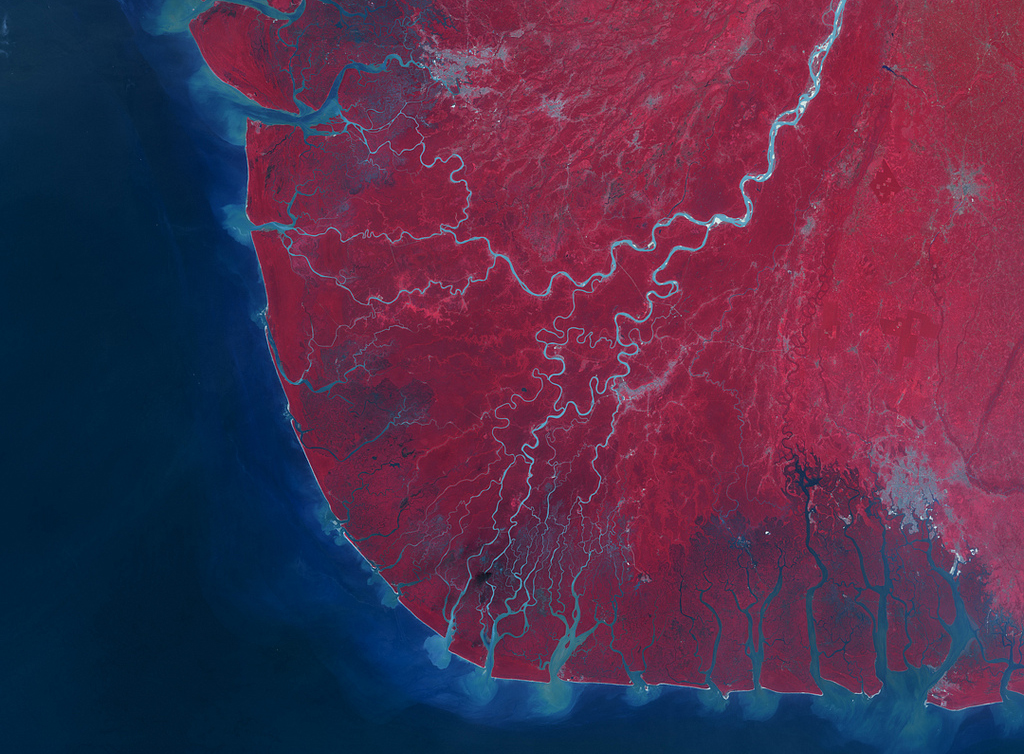This roundtable built upon the work of the Niger Delta Partnership Initiative and its public, private and civil society partners as they collaborate to promote equitable economic growth in the Niger Delta. What influence will the newly elected Nigerian government have on the region’s development over time?
The objectives of the meeting were to:
- Evaluate the opportunities and challenges of doing business or investing in the Niger Delta
- Identify tangible steps for instituting new types of collaboration and partnerships for the region’s social, economic, and human development
- Outline the means by which partners could establish a more resilient and diversified economy beyond the region’s oil and gas sector
- Develop realistic and implementable plans to create a truly enabling environment for regional growth and equitable prosperity for all
The key points to come out of the forum were:
- The public and private sector must not pursue interests in isolation but work together with regular dialogue to identify and pursue development opportunities. Information-sharing will enhance mutually beneficial and sustainable partnerships and market competition to increase investment opportunities and interest in the region.
- As the largest investment and revenue generator for local government, the oil and gas industry has become a preoccupation in the region. New strategies for socioeconomic development must promote growth without increasing dependency on oil and gas, such as solar or hydro energy and agri-businesses.
- Rent-seeking has come to dominate the economy of the Niger Delta through political patronage, extortion and illegal oil bunkering. As a fundamentally domestic process, the region needs to drive a major behavioural change. The loss of political power and fall in oil prices presents a ‘window of opportunity’ to transition cities from inequitable, unstable platforms to urban centres with effective organisations, using scale connectivity and clustering together to form an effective and growing economy.
- The election of General Muhammadu Buhari as the new Nigerian President presents an opportunity for development. Great optimism surrounds the new administration, particularly regarding Buhari’s zero-tolerance approach to corruption and military expertise to defeat the growing threat posed by various militant groups.












